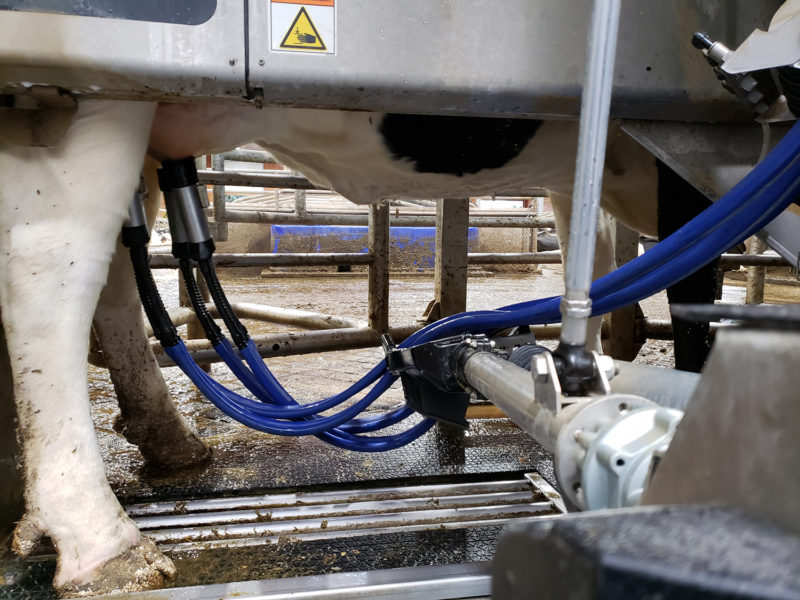Canada’s use of tariff rate quotas in the dairy sector breaches the country’s obligations under CUSMA, the trade deal that replaced NAFTA on July 1, 2020, according to a settlement panel decision published this week.
The decision stems from a complaint former US Trade Representative Robert Lighthizer filed December 9, 2020. Lighthizer claimed that Canada’s reservation of tariff rate quotas (TRQs) specifically for dairy processors prevents the US dairy sector from accessing the market in Canada. TRQs cover 14 types of products.
“Canada’s measures violate its commitments and harm US dairy farmers and producers,” Lighthizer claims. “We are disappointed that Canada’s policies have made this first-ever enforcement action … necessary.”
When initial discussions failed to resolve the complaint, the US escalated the matter to a three-member dispute settlement panel under CUSMA. The panel’s decision, issued in December, was made public this week.
While recognizing Canada’s right to allocate TRQs, it requires Canada to eliminate preferential allocations to processors by February 3.
This runs counter to the long-standing position of Dairy Farmers of Canada.
Comox Valley dairy farmers Dave Taylor, who serves as BC director with DFC, told the Mainland Milk Producers in November that DFC believes processors should receive TRQ allocations “at the maximum level.”
“Canadian processors, they know the marketplace, and historically they have brought product in when it’s not as much of a disturbance to our marketplace,” he explained, noting that giving processors access to import helps keep them profitable, which in turns benefits the sector as a whole.
Utilization has been good, Taylor reported, with cream imports maxed out in the first year of CUSMA while milk powders, cream powders, and butter also saw strong fill rates. Fluid milk imports stood at 80% of the product’s TRQ.
DFC told Country Life in BC that the next move lies with Ottawa.
“The panel has recognized Canada’s sovereignty in establishing its own TRQ allocation policy,” it said in a statement. “Now it is for the Canadian government to assign TRQs and demonstrate its support for its domestic dairy sector.”


 New year, old troubles
New year, old troubles